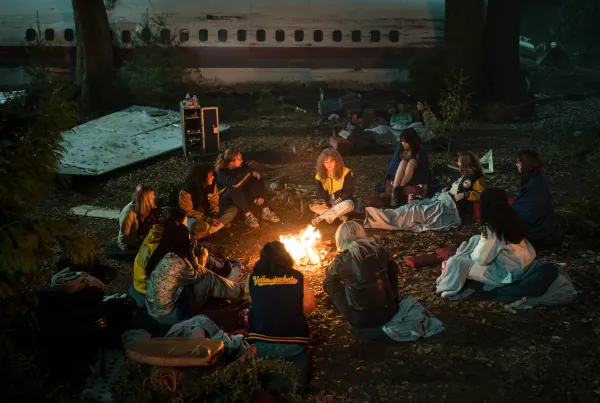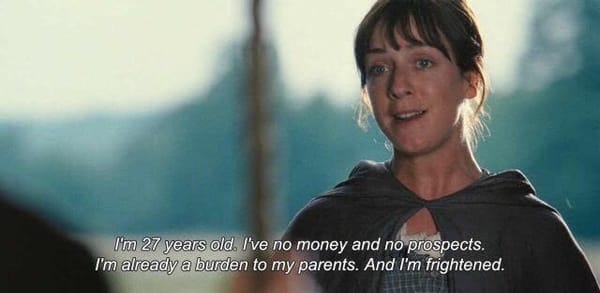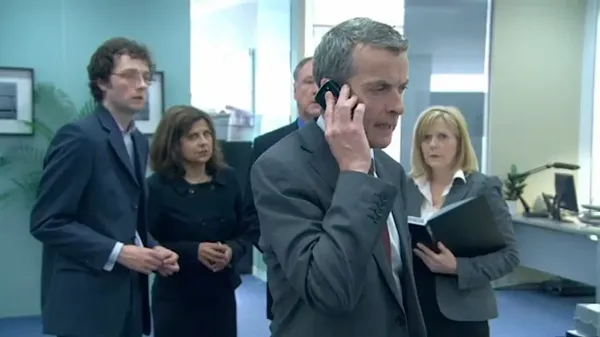📺 #267 - Are you quite comfortable?
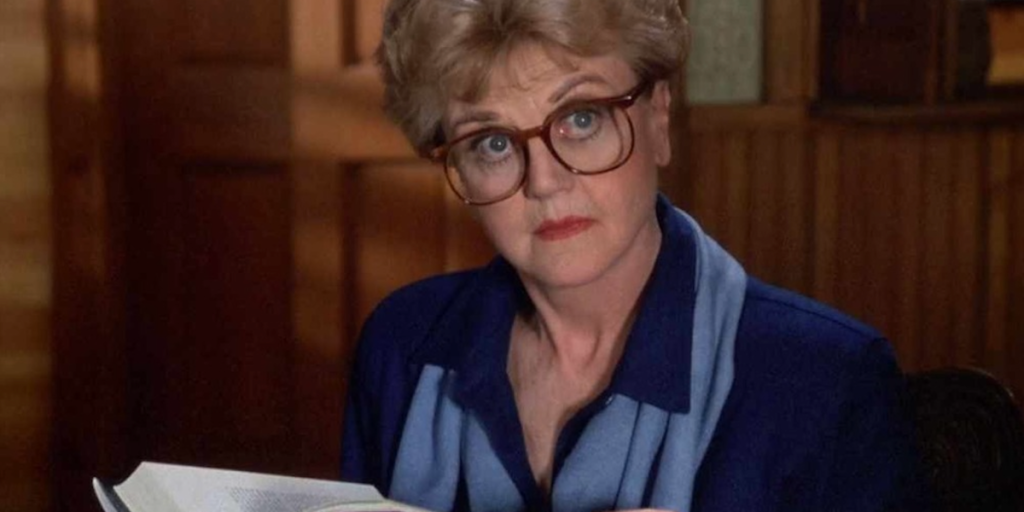
Comfort viewing wasn't invented during COVID lockdown, but since that moment it's become a larger talking point. What makes a comfort watch, and how do we talk about it?
Kathryn VanArendonk looks at the relationship between prestige TV and comfort TV, pointing out how the latter is less praised because modern TV criticism is built around explainers and detailed readings of plotlines and themes. You can’t do that with The Floor Is Lava:
Rather than define television by the pretense of objective greatness, the word prestige, with its snobbish implications, was indicative of a perhaps unintentional truth about these shows. It is a classist assessment, one that implies inaccessibility, scarcity, but also widespread influence and importance. It’s not easy or fluffy or fun because, somewhere deep in the American psyche, there’s still a puritanical belief that fun things cannot also be serious.
See also, Emily Nussbaum's nuanced look at the evolving opinion of Sex and the City from its original fans, and how past and present appraisals differed for its HBO sibling The Sopranos:
So why is the show so often portrayed as a set of empty, static cartoons, an embarrassment to womankind? It’s a classic misunderstanding, I think, stemming from an unexamined hierarchy: the assumption that anything stylized (or formulaic, or pleasurable, or funny, or feminine, or explicit about sex rather than about violence, or made collaboratively) must be inferior.
Professor of Psychology Annie Pezalla suggests that comfort viewing is about escaping reality, not just going for something low-stakes and calming. She believes violent shows taking an extreme detour from reality like Squid Game or The Boys help people put their fear and stress in perspective.
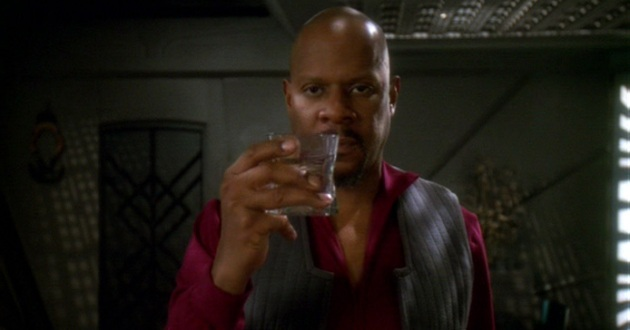
What's so funny about peace, love, and comfort media?
Kelly Martinez considers how it’s the emotion, not the style of show, that defines comfort viewing. She also considers how even if you’re rewatching a familiar favorite, you can get a different perspective on it because of the time and life that’s passed in-between. Joyce Tremel discusses the appeal of reading and writing cozy mysteries. Abigail Oswald returns to Dead Poets Society, finding something new in successive viewings, and redefining what verse she contributes to the powerful play.
Taking these perspectives into account, the shows and films people use for comfort viewing are more than worthy of study and critical thought. Finding out what resonates with people years (or decades) after something was initially released suggests not just an individual's nostalgia, but that there are lessons to take about how to craft work that settles in to the hygge nook in the audiences' brains.
👋 Are you new here?
Inneresting is a weekly newsletter about writing and things that are interesting to writers. Subscribe now to get more Inneresting things sent to your inbox.
And if you can't wait until next week for more Inneresting, check out the Quote-Unquote Apps Blog where we keep previous issues and other posts about screenwriting and things interesting to screenwriters.
Previously on Inneresting…
In case you missed it, in our last issue's most clicked link Andrew Karpan points to an early short film Glover made, Clapping for the Wrong Reasons, as a kind of Rosetta stone for understanding the themes and styles that interest him and carry over between projects.
What else is inneresting?
- Criterion invites Bruce LaBruce, Carlos Valladares, Christina Newland, Howard Hampton, and Violet Lucca to share their favorite deep cut from Robert Altman’s filmography.
- Jordan Mechner shares the history of the many ports of Prince of Persia as a way to answer the frequently asked question “Which version is your favorite?”
- Explaining why this editor sees so many people who “want to befriend crows” on Hinge, Anne Louie Sussman looks at the patterns you see when people enlist the help of LLMs in dating apps.
And that’s what’s inneresting this week!
Inneresting is edited by Chris Csont, with contributions from readers like you and the entire Quote-Unquote team.
Are you enjoying this newsletter?
📧 Forward it to a friend and suggest they check it out.
🔗 Share a link to this post on social media.
🗣 Have ideas for future topics (or just want to say hello)? Reach out to Chris via email at inneresting@johnaugust.com, Bluesky @ccsont.bsky.social, or Mastodon @ccsont@mastodon.art

